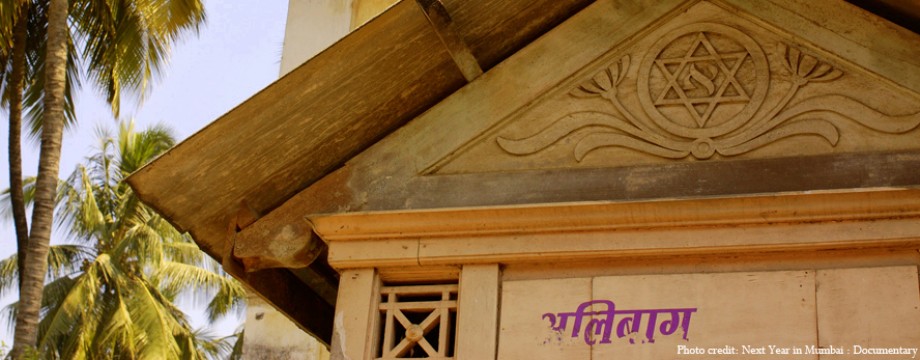NEW DELHI — India has been in lockdown since March 24. It came without any warning: Prime Minister Narendra Modi declared a 21-day complete shutdown one evening, giving the country four hour’s notice to plan. All services like transportation were suspended, except for critical services including grocery stores and health care providers.
For India’s minuscule Jewish group of a few thousand people — its members call themselves “a microscopic minority” — it meant scrambling to prepare for Passover.
In Mumbai, where some 4,000 Jews live, they arranged calls to check on the Jewish elderly living alone and coordinated the distribution of food to the community. Three cars zipped around the city delivering wine and matza, which many hadn’t stocked upon. On Whatsapp groups, they debated replacements for bitter herbs put on Passover seder plates to symbolize the harshness of slavery Jews endured in ancient Egypt. Lettuce and celery, which they usually use, weren’t available everywhere. Some settled on potatoes or onions while others opted to use karela, an Indian bitter gourd.


